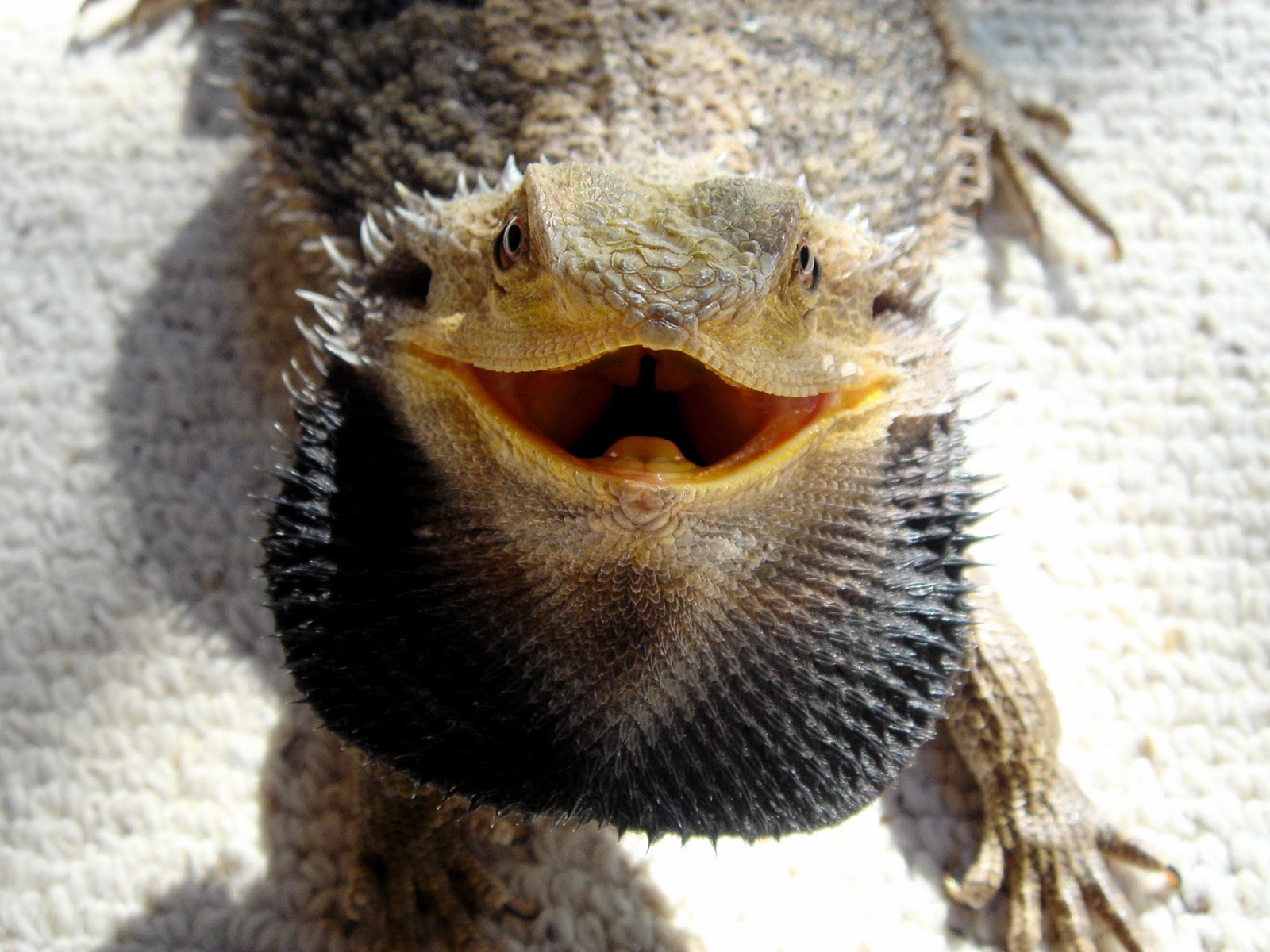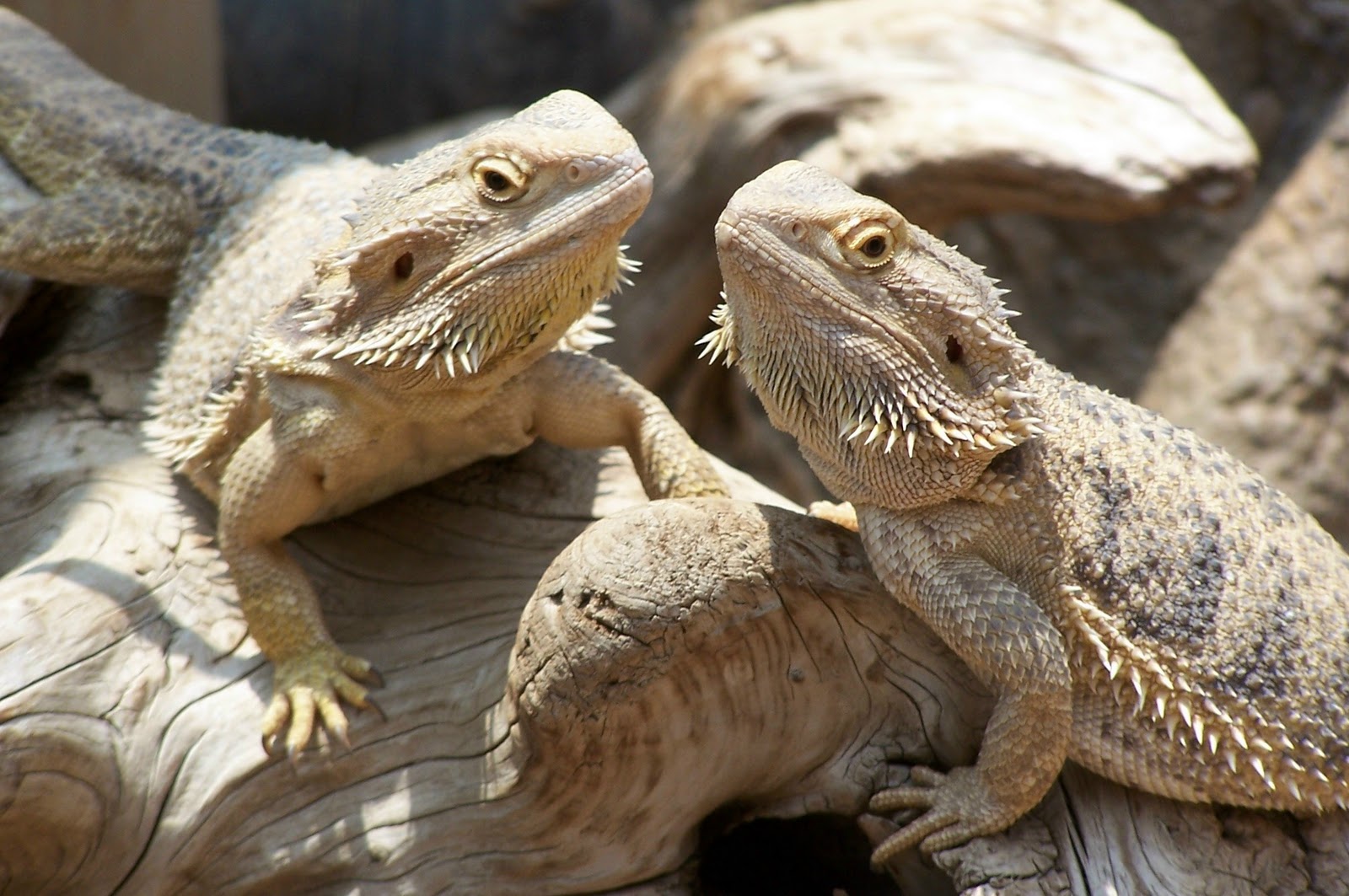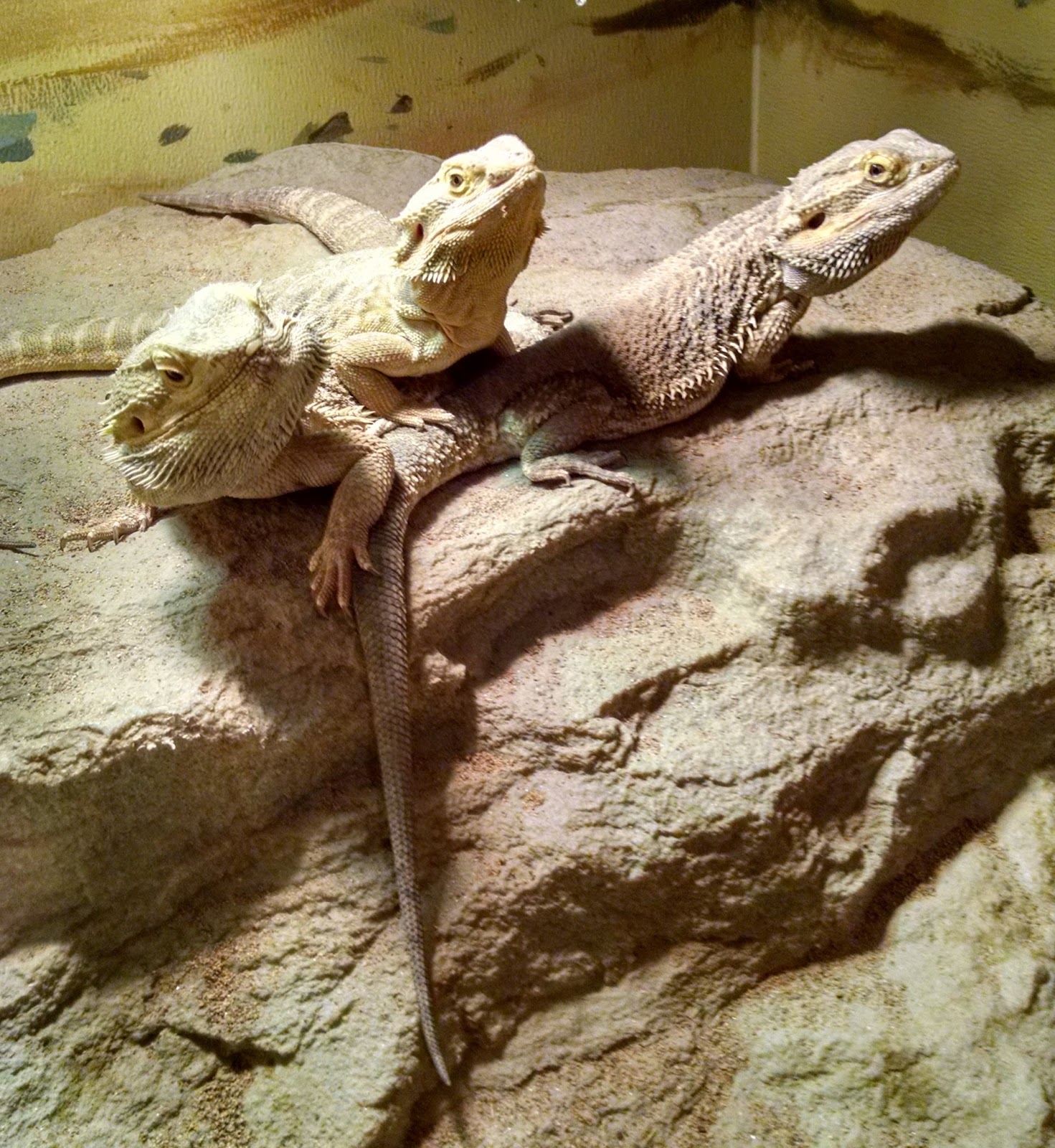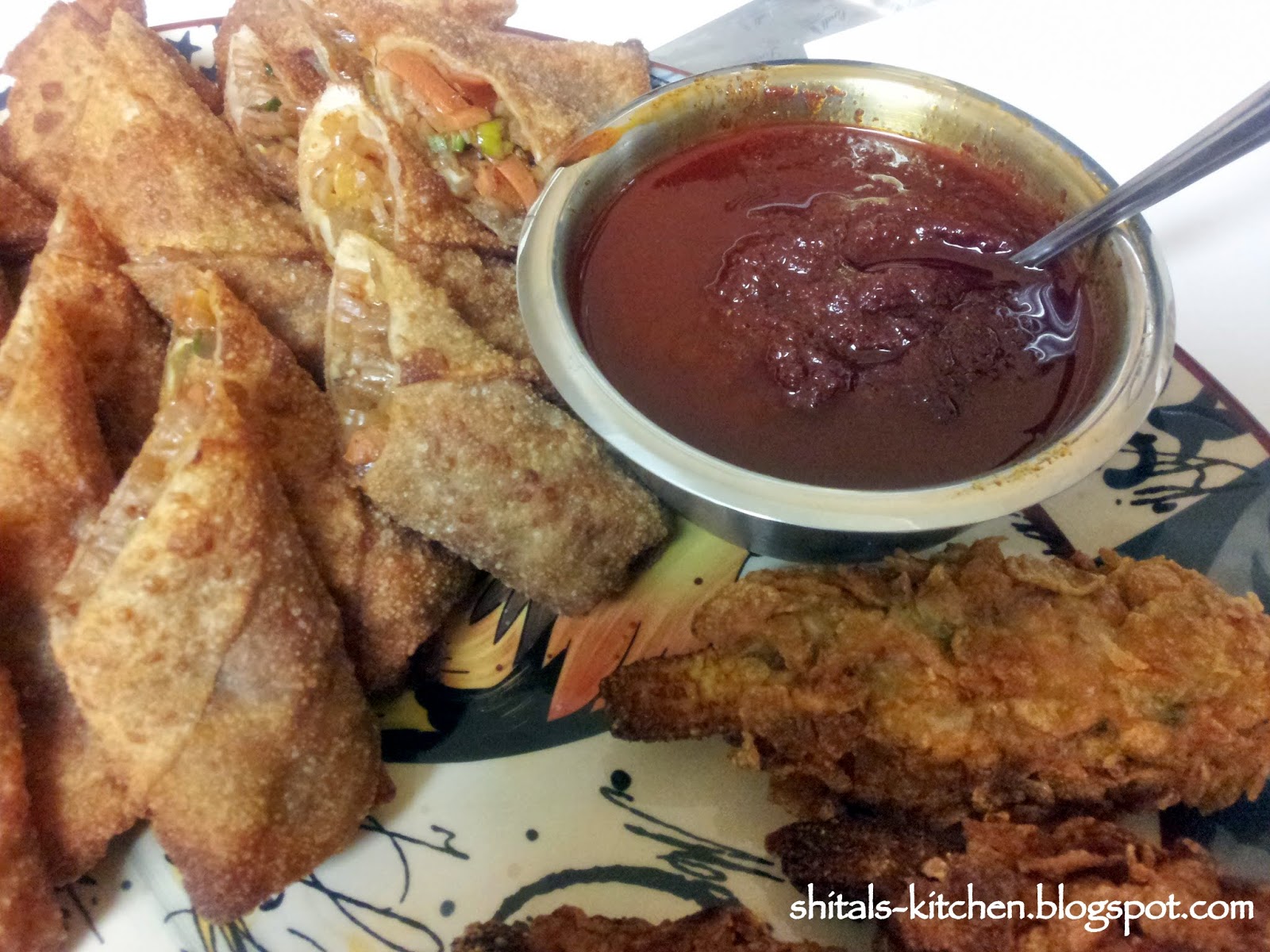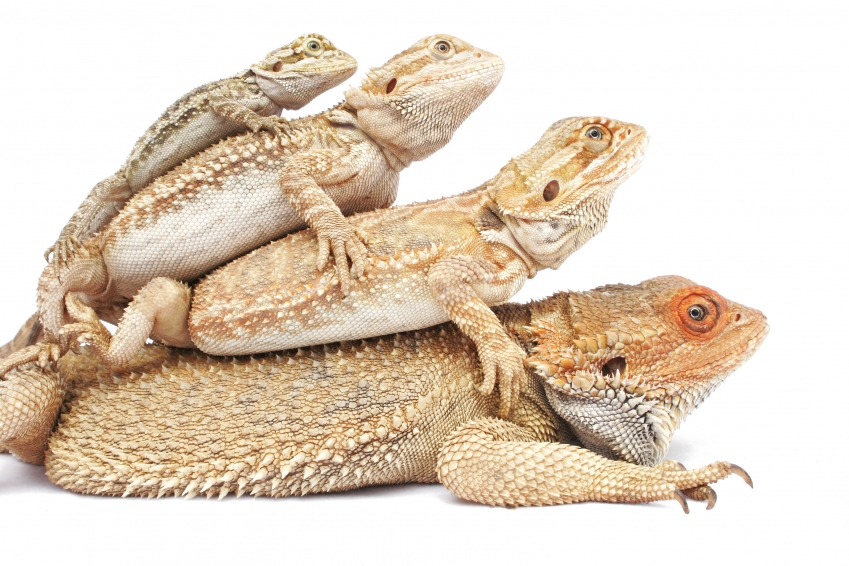Bearded Dragon Loss of Appetite - Causes and Solutions
Introduction
Bearded dragons are popular pets for many reasons. They are friendly, require minimal maintenance, and entertaining to watch. However, like all other pets, bearded dragons are prone to illnesses and health issues. One common problem that bearded dragon owners face is loss of appetite. If you notice that your bearded dragon has stopped eating or has reduced its food intake, it may be a sign of an underlying health issue.
Causes of Loss of Appetite in Bearded Dragons
There can be several reasons why your bearded dragon is not eating as much as it used to. Some of the most common causes of loss of appetite in bearded dragons are:
- Brumation - Bearded dragons hibernate during winter, and brumation is their way of reducing their metabolic rate to conserve energy. During this time, bearded dragons may not eat much or may stop eating altogether. This is a natural process, and you don’t need to worry.
- Stress - Bearded dragons can become stressed due to changes in their environment, such as moving to a new home or a new enclosure or encountering a new pet or human. Stress can lead to loss of appetite.
- Illness or infection - If your bearded dragon is suffering from an illness or infection, it may stop eating. Common illnesses that can cause loss of appetite include metabolic bone disease, parasites, and respiratory infections.
- Digestive problems - Bearded dragons can develop digestive problems due to incorrect diet, poor husbandry, or impaction. This can lead to loss of appetite and other health issues.
- Mating season - During the mating season, male bearded dragons can lose their appetite and become less active.
Symptoms of Loss of Appetite in Bearded Dragons
Bearded dragons are active and curious pets, and they love to explore their surroundings. If they are not eating as much as usual, it can be a sign that something is wrong. Some common symptoms of loss of appetite in bearded dragons are:
- Reduced food intake or complete refusal to eat
- Weight loss or visible ribs
- Lethargy or weakness
- Sunken eyes
- Dehydration
- Change in droppings or diarrhea
Solutions for Loss of Appetite in Bearded Dragons
If you notice that your bearded dragon has stopped eating or has reduced its food intake, you should take steps to deal with the issue. Here are some solutions to loss of appetite in bearded dragons:
1. Check the Enclosure
Bearded dragons need a warm and comfortable environment to thrive. Check the temperature, humidity, and lighting in the enclosure to ensure that they are within the recommended range. Use a digital thermometer to measure the temperature accurately. Also, ensure that the enclosure is clean and free of any harmful substances and objects. A dirty or cluttered enclosure can stress out your bearded dragon and cause loss of appetite.
2. Offer the Right Diet
Bearded dragons need a balanced diet to stay healthy. Offer them a variety of fresh greens, vegetables, and fruits, as well as protein-rich foods such as live insects, lean cooked meat, and low-fat cottage cheese. Avoid feeding them fatty or sugary foods, as well as toxic foods such as avocado or rhubarb. Also, make sure that the insects are gut-loaded and dusted with calcium and vitamin D3 supplements. A deficient or imbalanced diet can cause digestive problems and other health issues.
3. Address Health Issues
If your bearded dragon is suffering from an illness or infection, you should seek veterinary care immediately. Your vet can diagnose the issue and prescribe medications or other treatments to help your bearded dragon recover. Also, ensure that your bearded dragon gets regular checkups to prevent health problems and catch any issues early on.
4. Reduce Stress
Stress can cause loss of appetite in bearded dragons. To reduce stress, avoid handling your bearded dragon too much or too roughly. Give them enough space and privacy. Also, keep other pets or humans away from their enclosure if they seem anxious or aggressive. A relaxed and comfortable bearded dragon is more likely to eat and stay healthy.
Conclusion
Loss of appetite in bearded dragons can be a serious issue if left unaddressed. However, with proper care and attention, you can help your bearded dragon recover its appetite and stay healthy. Remember to offer them the right diet, check their enclosure regularly, address any health issues promptly, and reduce their stress levels. If you are still concerned about your bearded dragon’s loss of appetite, consult a reptile veterinarian for further advice and treatment.
